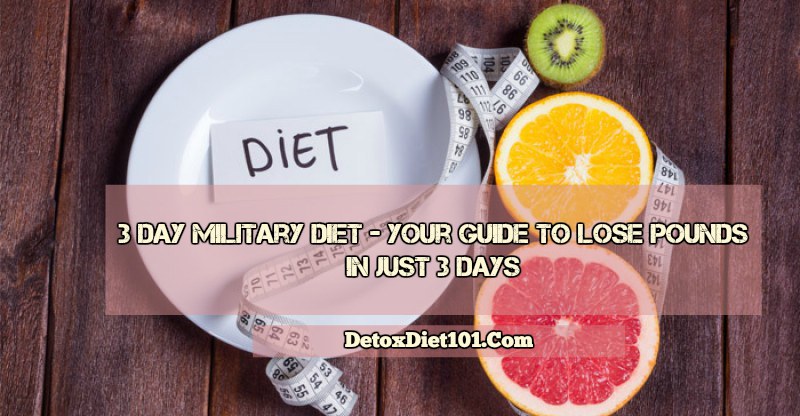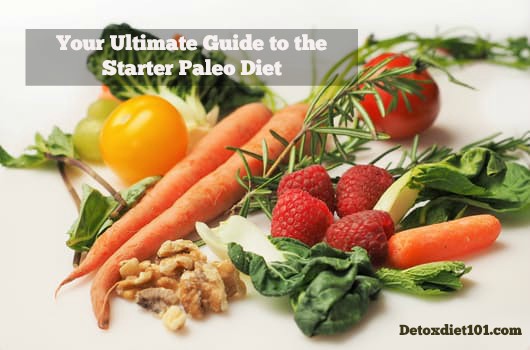If you are considering giving up meat or other animal products from your diet, then you might be in a bit of confusion to decide what diet to take up. Moreover, the numerous types of vegetarian diet available might add up to your confusion leaving you in totally perplex condition.
To make things simpler you need to have a clear idea of the numerous types of vegetarian diets available. This will help you to get out from the confused state of mind, making it clear that what all is to be included and what is not to be included in the type of vegetarian diet that you finally end up choosing.
What is a Vegetarian Diet?
A vegetarian diet is a diet that consists of pulses, grains, nuts, seeds, legumes, alga, fungi, fruits, vegetables, yeast and all other foods that are non–animal based for example salt, vegetable oil, spices etc. In some cases, the dairy products, honey or eggs are included and sometimes they excluded from the vegetarian diet.
Overall, a vegetarian does not consist of food that has been produced from any part of the bodies of the living or dead animal which is inclusive of poultry, fish, meat, insects or any other by-products or foods that are processed by the help of these.
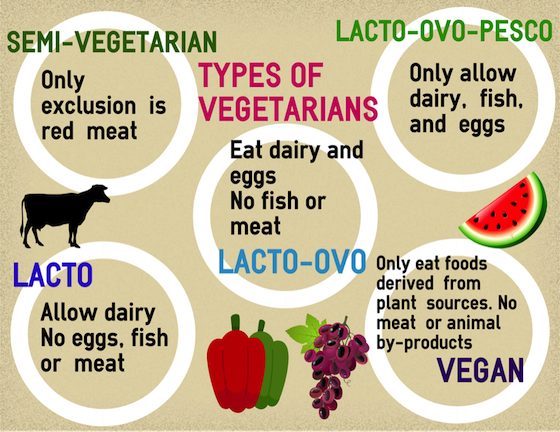
Types of Vegetarian Diet
There are numerous different types of vegetarian diet which are as described below.
Vegan Diet
The vegan diet is considered to be the most restrictive of all the other types of vegetarian diet. This type of vegetarian diet eliminates all sorts of products in the food that comes from animals. In this diet, not only meat, fish and eggs are avoided but also all the dairy products are eliminated as well like milk, milk products, honey etc.
This shows that this vegan diet is such a vegetarian diet which is the strictest of all other types and abstains from any products that are related to animals in any respect. This diet is generally considered to be healthy and good in terms of prevention of diseases.
But proper planning is essential so that adequate amount of protein, calcium, and iron gets included in the diet. It is recommended that people want to take up vegetarian diet should begin with a less restrictive one before finally taking the complete vegetarian diet or the vegan diet.
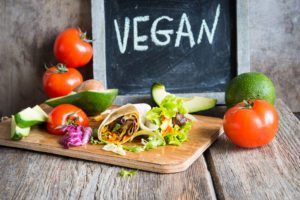
Lacto–Vegetarian Diet
This type of vegetarian diet is comparatively a less restrictive one as compared to vegan diet. In this diet, all the products of the dairy like milk, butter, cheese, yogurt etc. are included. Eggs also do not form a part of this form of diet.
Hence, very rightly a less restrictive one but the lacto–vegetarian diet does not include any kind of flesh of animals like chicken, mutton, beef, fish, shellfish etc. In this form of diet, one is less likely to develop any kind of deficiency of calcium since milk and other milk products are included which are the rich sources of calcium.
Ovo – Vegetarian Diet
An ovo–vegetarian diet excludes all sorts of meat both red meat and white meat. It also excludes fish, fowl and all the dairy products as well. But this form of diet includes eggs which prove to be beneficial since the protein needs of the body is satisfied but it remains deficient on the calcium part due to the absence of milk products.
Lacto – Ovo Vegetarian Diet
In the lacto–ovo vegetarian diet, no flesh of animals is included like fish. Chicken etc. But the diet includes all the products from the dairy and most importantly the eggs are also included in this type of diet. Thus, this is much restrictive in nature and highly advantageous since both the calcium requirements and the protein requirements are met with ease due to the presence of different types of milk products and eggs in this particular form of diet.
Pescatarian Diet
This diet is technically not a vegetarian diet because this diet includes consumption of fish and seafood but all the meat products are avoided whether it be red or white meat. All the products from dairy and eggs are included in this form of diet. Hence, the pescatarian diet is not considered to be a vegetarian one.
Pollotarian Diet
A pollotarian diet, somewhat similar to the pescatarian diet in terms of not being a vegetarian one. Pollotarian diet is considered to be a semi-vegetarian diet which includes meat consumption but this meat consumption is restricted to only poultry and fowl only. This form of diet does not include red meat, fish or seafood but all the dairy products and eggs form a part of this diet.
Flexitarian Diet
As indicated by the name, this form of diet is flexible in nature. This diet is even less restrictive than the lacto–ovo vegetarian diet. In this form of diet usually, a lacto–ovo vegetarian diet is consumed including some occasional addition of meat products, seafood, and fish.
Thus, the base of this diet remains vegetarian since the addition of meat products is occasional. This diet is recommended for those who are planning live on a vegetarian diet so that they get used to it before finally completely giving of non-vegetarian diet.
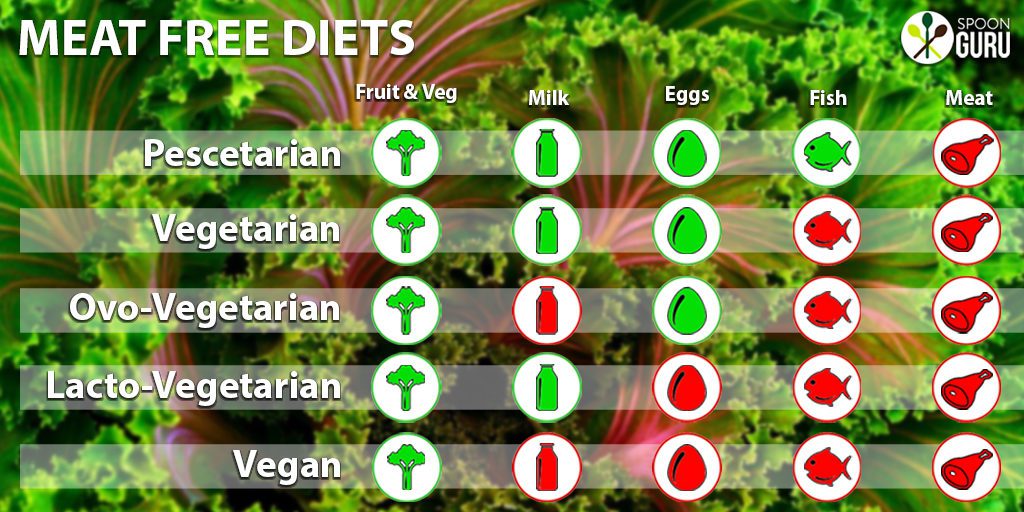
Benefits of Vegetarian Diet
Getting on a vegetarian diet can have a significant effect on the health of the individual. A vegetarian is mainly associated with higher consumption of fibers, vitamins C and E, folic acid, magnesium, unsaturated fat, and several phytochemicals.
This, in turn, results in the lowering of cholesterol levels in the body. The fat tends to decrease and the blood pressure is level is proper. It also helps in the prevention of heart disease as well. Some other benefits of a vegetarian diet are as mentioned below.
Some other benefits of a Vegetarian Diet are as Mentioned Below:

Mood Enhancer
A Vegetarian Diet might play a vital role in the improvement of the mood of the individual. Arachidonic acid is a substance that is found in animals and hence it comes from dietary animal sources that are not very high on a vegetarian diet.
Researchers have revealed that there is a significant connection between arachidonic acid and mood disturbances. Thus, a lower level of arachidonic acid may play a crucial role in the improvement of mood.
Improves Symptoms of Psoriasis
A vegetarian diet plays a crucial role in improving the symptoms of Psoriasis which is actually a skin disease causing irritation and redness. Researchers have proved that a vegetarian diet is good for this skin disease.
Aids in Lowering Blood Sugar Levels
One great benefit of the vegetarian diet is that significantly reduces the incidence of diabetes. Several studies have confirmed that vegetarian diets offer a very important benefit for the proper and effective management of diabetes by reducing the likelihood of the occurrence of the disease to about fifty percent.
Fewer Chances to Develop a Cataract
It has been seen that meat-eaters are more likely to develop a cataract. On the other hand, one who is on a vegetarian diet is at a much lower risk of developing a cataract. Thus, proving that eating a vegetarian diet decreases the chances of getting a cataract to a great extent.
Lower Risk of Cardiovascular Disease
Studies have revealed that there is a significant connection between a vegetarian diet and a lowered risk of development of the cardiovascular disease.
Almost all vegetarian diets are inclusive of rich antioxidants and these molecules of antioxidants play a vital role in the reduction of the damage that is caused by oxidative stress including atherosclerosis.
Hence, a vegetarian diet is very important in the reduction of cardiovascular diseases.
Lowers Levels of Cholesterol
Individuals on a vegetarian diet have reduced cholesterol levels in the blood lower as compared to the individuals on a non–vegetarian diet.
Levels of cholesterol in the blood are elevated on the consumption of animal fat which comes with no health benefit at all.
But when removed from the diet not only lowers the cholesterol level but also removes all other harmful effects it has on the health of humans.
Reduces Obesity
A vegetarian diet reduces the risk of obesity and stroke. By following a vegetarian diet is a very good and effective way for the lowering of the weight of the body and at the same time, it significantly reduces the chances of strokes.
Reduces Chances of Stones in Kidney
Following a vegetarian diet will reduce the chances of developing stones in the kidney. When the consumption of animal protein is eliminated from the diet and instead vegetables are consumed, it helps to increase the pH levels in the urine, whereas low pH levels in the urine are associated with the formation of stones in the kidney.
One might sometimes think that a vegetarian diet is deficient in terms of nutrition which will make one hungry sooner but in reality, it is not the case. A vegetarian diet has the capacity to satisfy all the nutritional requirements of the body.
Thus, it can be very well understood that one should be very careful while choosing the type of vegetarian diet in a proper proportion so that all the nutritional needs of the body can be met.

